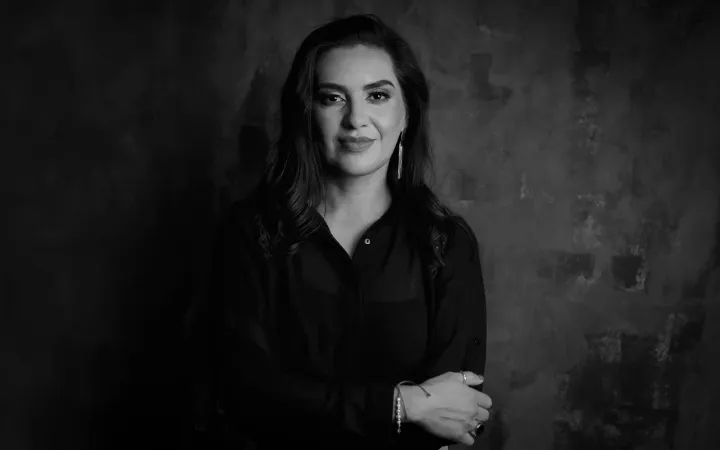
Por Sofía Guadarrama
Desde hace ya varios años ha habido mucha controversia sobre la participación de las mujeres y hombres transgénero en competencias atléticas organizadas en diferentes disciplinas deportivas. Principalmente cuando se trata de eventos internacionales como los Juegos Panamericanos, los Juegos del Lejano Oriente, las Olimpiadas y Juegos Olímpicos de Invierno, por mencionar algunos.
Hasta hace poco, la polémica más conocida fue el caso de por Lia Thomas, la primera nadadora transgénero en ganar un campeonato en la ciudad de Atlanta,Georgia, en la historia de la División I (la máxima categoría de competición dentro de la National Collegiate Athletic Association [NCAA]), al completar 457 metros en natación estilo libre femenino en 4 minutos y 33,24 segundos.
Schuyler Bailar, hombre transgénero (es decir, nació mujer y transicionó a hombre), fue el primer nadador transgénero dentro de la División I de la NCAA.
Por supuesto, la gran meta para Lia Thomas no fue sólo ganar el torneo, sino que su triunfo fuera considerado legítimo pues, muchos se negaron a aceptar el logro de Thomas y exigieron que Emma Weyant(segundo lugar) fuera declarada la legítima triunfadora.




